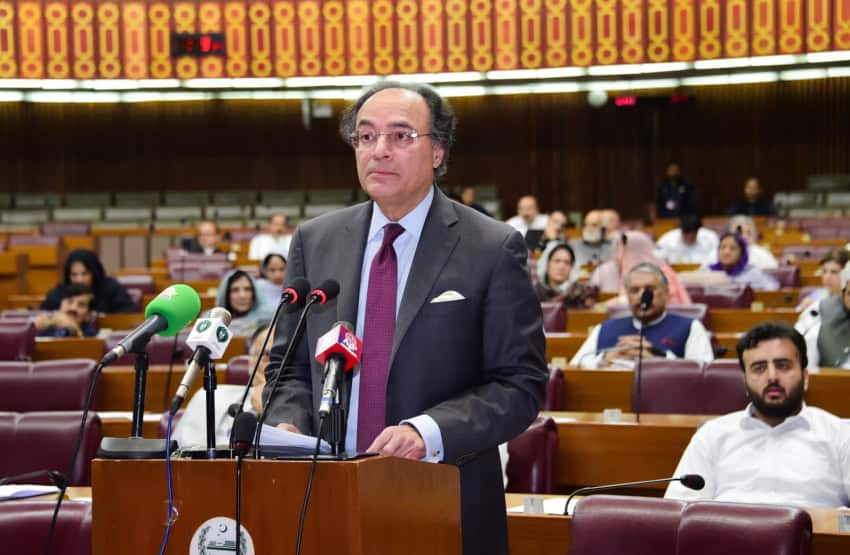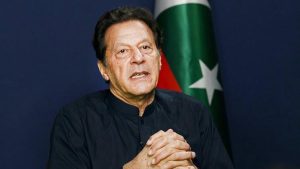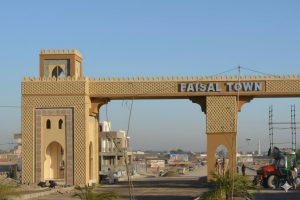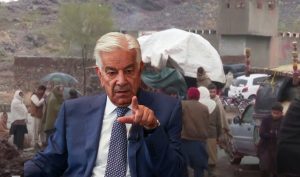Pakistan will continue to seek financial assistance from the International Monetary Fund (IMF) unless it significantly increases its tax revenues, Finance Minister Muhammad Aurangzeb stated on Sunday.
Aurangzeb’s remarks follow the signing of the federal budget for the current fiscal year by Pakistan’s president. The budget, which has been criticized by the opposition, trade bodies, and even government allies for its ambitious tax targets, aims to raise Rs13 trillion ($46.6bn) by July 2025—a roughly 40 percent increase from the current financial year. Financial experts believe this budget is designed to satisfy the IMF, which has repeatedly urged Islamabad to implement tax reforms to stimulate growth in its fragile economy.
Speaking to the British newspaper Financial Times, Aurangzeb expressed confidence in reaching a staff-level agreement with the IMF this month for a loan estimated between $6 billion and $8 billion.
“But it will not be our last fund program if we don’t increase our tax revenues,” the minister cautioned.
Pakistan hopes the IMF bailout package will stabilize its economy, one of the worst-performing in Asia, which has been plagued by double-digit inflation, slow growth, and low foreign reserves.
In recent months, Pakistan’s economic indicators have shown improvement, with inflation dropping to 12.6 percent in June from a record-breaking 38 percent in May 2023. The stock market has experienced significant growth, and the central bank’s foreign reserves have risen to over $9 billion.
“The direction of travel is positive, and investors are showing confidence in the stock market,” Aurangzeb said.
However, he acknowledged that Pakistan’s tax collection authority, the Federal Bureau of Revenue (FBR), is viewed negatively by the public.
“People don’t want to deal with the tax authority because of corruption, harassment, and demands for bribes,” Aurangzeb noted. “That’s not sustainable.”
The finance minister lamented Pakistan’s reliance on imports, stating that Islamabad must borrow to pay off existing or accumulating debt.
“We need to create the capacity to repay loans,” Aurangzeb said. “As long as this economy remains import-based, the moment it heats up, we run out of dollars and have to return to the lender of last resort on our knees.”
Since April, Prime Minister Shehbaz Sharif has visited Saudi Arabia, the UAE, and China to attract foreign investment in Pakistan’s key sectors. His government has repeatedly assured Pakistan’s allies that it seeks not loans but “mutually beneficial” partnerships.
“It’s about time we get real,” Aurangzeb said, pointing to Gulf investors’ demands for equity and board seats. “The ball is in our court to provide bankable, investable projects.”














